NEW YORK CITY: What frustrates Marcel Alers when it comes to energy and its intimate connection with the climate crisis is that the writing has been on the wall for quite some time now. There is not much wiggle room left: Limiting climate change has become a race against time but the world still has a long way to go.
The significant drop in greenhouse gas emissions last year due to the COVID-19 pandemic may well remain a mere blip on the long-term graph if countries do not work hard to get all the way down to net-zero.
“We burn fossil fuels for their energy content: coal, fuel and gas. And in the process, we release greenhouse gases, a major contributing factor to climate change,” Alers, who is head of energy at UNDP, told Arab News during an exclusive interview.
The burning of fossil fuels accounts for 87 percent of the world’s carbon dioxide emissions, endangering the lives and livelihoods of future generations and already causing irreversible damage to the biosphere. Air pollution from burning fossil fuels kills an estimated 3.6 million people around the world every year.
That is six times the death toll of all murders, wars, and terrorist attacks combined. “It becomes an existential problem for the planet and for humanity. And therefore, we need to do something about it,” said Alers.
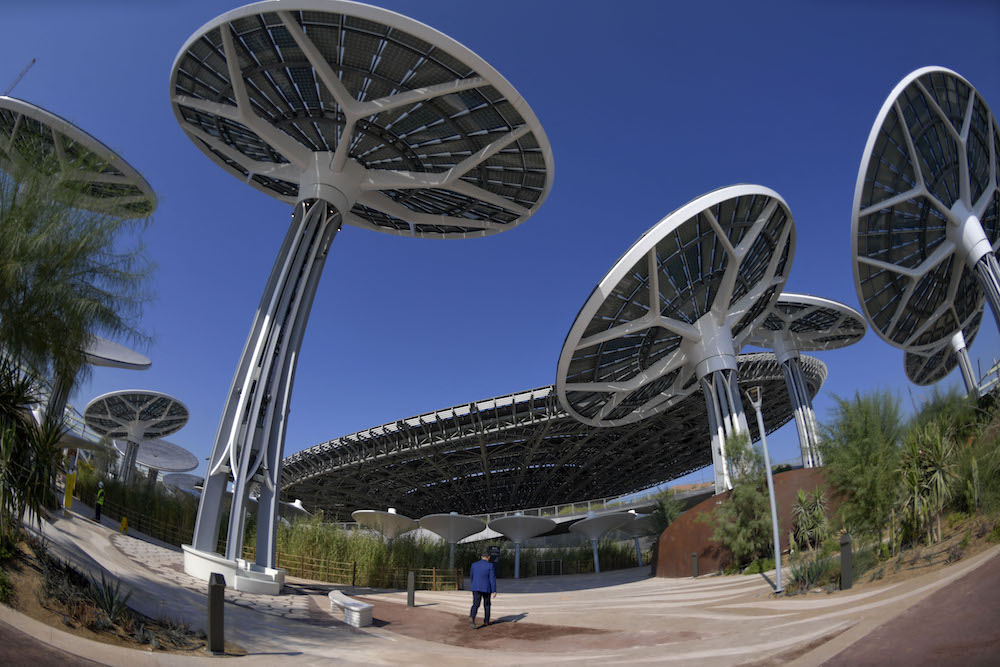
For this man who is at the heart of global endeavors to bring sustainable energy for all, it is abundantly clear what need to be done: “Do we have all the solutions? No. But we have sufficient solutions to do something now. If we want to!” he said.
At a time when the pandemic has plunged the global economy into recession, and when interest rates are low, scaling up renewable energy systems is actually a win-win for all: Not only does clean energy allow for greener, healthier cities, it is also an engine for job creation.
It could create nearly three times as many jobs as investing in fossil fuels, boosting economic recovery in the aftermath of the pandemic. Renewables accounted for 11.5 million jobs worldwide in 2019, and the International Renewable Energy Agency estimates this number could rise to 42 million jobs by 2050.
Renewable energies will lead to cheaper prices for consumers. Alternative sources of energy — solar, wind, water, hydroelectric resources, geothermal, renewable biomass — were so expensive a few decades ago that only space expeditions could afford them. But that has changed.
There has been a major decrease in the cost of renewables and now they are cheaper than coal, which was for a long time considered the cheapest source of electricity. While solar got 89 percent cheaper and wind 70 percent, the price of electricity from coal declined by merely 2 percent.

In 2015, the UN General Assembly set forth Sustainable Development Goals (SDGs): 17 global goals designed to be a “blueprint to achieve a better and more sustainable future for all.” The SDGs are intended to be achieved by the year 2030.
Although all goals are interconnected, SDG 7 is particularly central to all the rest: It calls for ensuring access to “affordable, reliable, sustainable and modern energy for all.”
Alers goes as far as to say that most of the 17 targets — in areas like health, education, job creation and poverty eradication — could not be achieved if the energy target is missed. Put simply, everything needs energy.
But although clean energy is available and affordable, its potential remains largely untapped. “The political will has just not been sufficiently strong to make the difference,” said Alers.
FASTFACTS
Sustainable Energy
* SDG 7 calls for ‘affordable, reliable, sustainable and modern energy for all.’
* Pollution from burning fossil fuels kills 3.6 m people worldwide every year.
* Burning of fossil fuels accounts for 87% of carbon dioxide emissions.
While the fear of death from the coronavirus has instilled a sense of urgency that led to quick action and trillions of dollars suddenly began floating around, the impact of climate change is too gradual for people to feel impelled to do something about it.
Also, the transition to clean energy requires large amounts of investment today for benefits that will only be accrued down the line over two or three decades. “There is a mismatch here,” said Alers. “People will say, we’ll be dead by then.
“Report after report confirms that the smart thing to do is to pay money now, and it will pay off many times over. “But even so, we have trouble getting the politicians to really make those decisions and prioritize them.
“Most countries have five-year election cycles in place. So, I understand that, as a politician seeking re-election, you have to take actions that will show benefits while you are in power, so you can collect those votes. You have no interest in doing something now that in 10 years will benefit someone else, because by that time you are out of office.”
Politicians, however, are not in a vacuum. They get voted into office by voters. “So when you boil it all down, it is a societal challenge. You need the society as a whole to reach a level of understanding in terms of the urgency of action needed so they start translating that by voting politicians in place that come with a mandate to do something about the climate.”
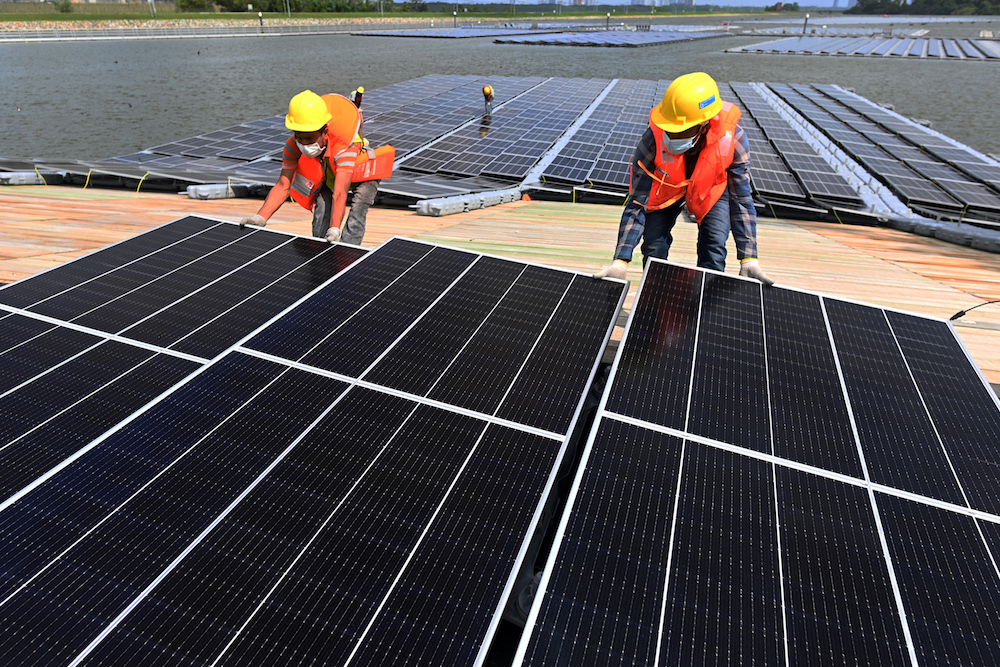
This is where young people come in. Recently, the world’s largest survey of opinions on climate change, which sought the views of 1.2 million people in 50 countries, found that the majority of global citizens believe it is a global emergency that requires urgent action.
A large number of participants were aged 14-18 for whom the impacts of climate change have become more visible, from record temperatures, to devastating fires, and active hurricane seasons.
“I think it’s up to the younger generation to effect change, and they’re picking it up because arguably for them this is more of a real problem than for people like myself entering the second half of my life. I may escape the worst of it because of my age, but they will not.
“But again: Will it be fast enough? Can we afford to wait? Do we have the luxury of time? I would argue we don’t. I think we’ll get there, but it would be unfortunate to wake up too late,” said Alers.
The science is clear: Countries have a short window of time to take the urgent action necessary to limit average global temperature rise to a safer 1.5 °C. Experts believe that the Paris Agreement on Climate change and the SDGs represent a once-in-a-lifetime opportunity to ensure an equitable and sustainable transition.
The UNDP’s Climate Promise initiative was launched to ensure that any country wishing to increase their national climate pledge is able to do so. UNDP already agreed work plans with 115 countries, drawing upon the agency’s large expertise across various sectors.

As part of the UNDP’s overall support for countries to recover from the COVID-19 crisis, Climate Promise services are being adjusted to bolster government efforts to address climate action within their pandemic response by using their pledges to “green” stimulus packages and longer-term investments and development plans.
Some countries are already taking the lead. Alers singles out the UAE and Saudi Arabia, two nations in a region that is particularly vulnerable to climate change, where heat and the need for cooling have entangled it in a self-reinforcing loop: As climate change leads to rising temperatures, more electricity is needed to run air conditioning, burning more fossil fuels, contributing in turn to further climate change.
“The (Emiratis) are aware that oil and gas is a finite resource and there will be a time where it will be greatly reduced. So, they have taken this forward look, and are now cleverly repositioning themselves to also be seen as leaders on new technologies, solar in particular.
“I see similar things happening in Saudi Arabia. Oil is reducing. When young people come of age and they start the productive years of their lives, they need jobs, they need to start and provide for their families. So, you’ve got to harness these trends in a way that leads to something sustainable, that’s healthy that’s good for everybody.
“The Saudis could be the leaders for the energy revolution of tomorrow if they play this well.”
Indeed, 2021 is shaping up to be a pivotal year for the climate crisis. Alers believes the Climate Change summit in Glasgow in November may be the last chance for the political will to emerge convincingly and translate into real action
“Whatever happens then, decisions and agreements about climate are going to be very detrimental,” he said.
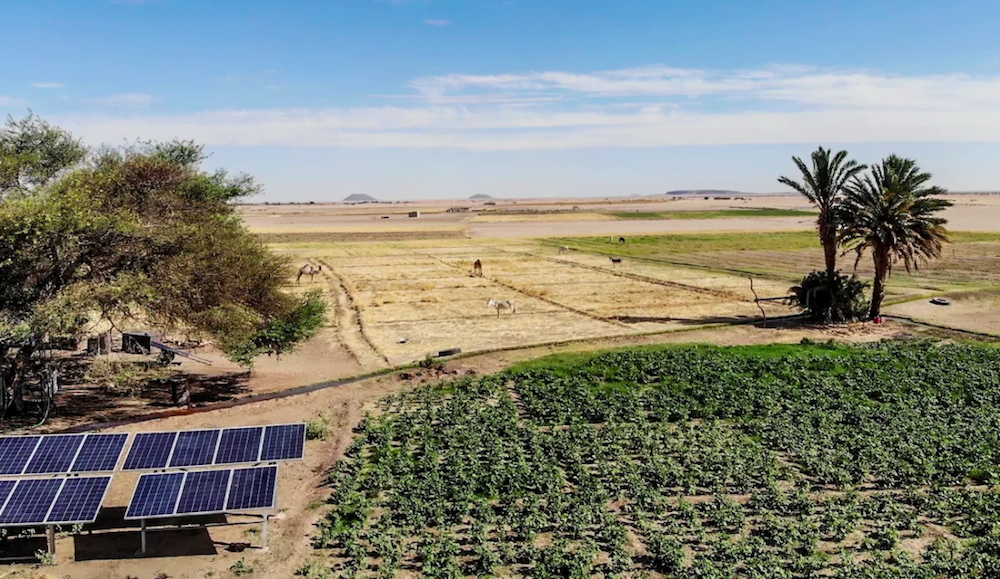
Even more important is the UN High Level Dialogue on energy in September, the first such event since 1981.
“This will be the first reality check. Are we on track to achieve the SDGs? The answer is clearly no,” Alers said.
“So this will be a chance to correct. With nine years left in the decade of action leading to 2030, the dialogue is supposed to inject a jolt of energy to make energy a centerpiece and live up to our pledges and commitments.
“We really believe that if there’s true genuine political commitment, the other things, such as money and technology will flow from that. And so, of course, people like myself and all the experts who are working on it, we keep hammering on it, keep reinventing the message and trying to find the right words to draw attention to the topic.
“We’ll keep doing this of course. We’ll see what we have to offer.”
—————
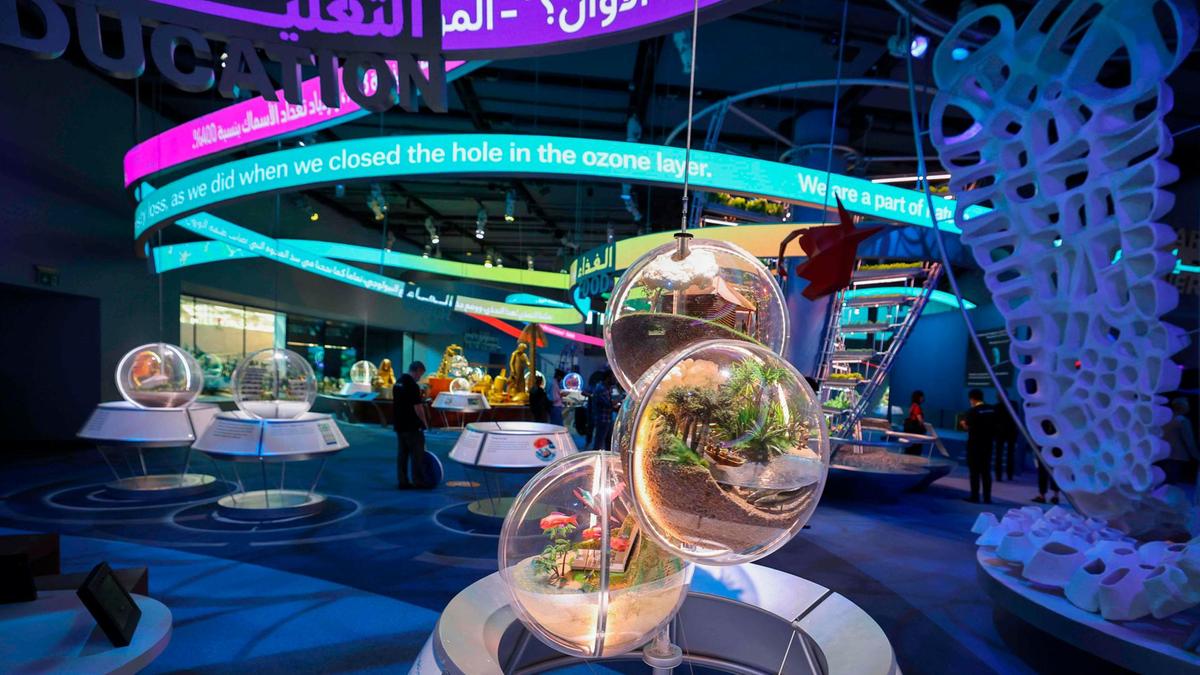
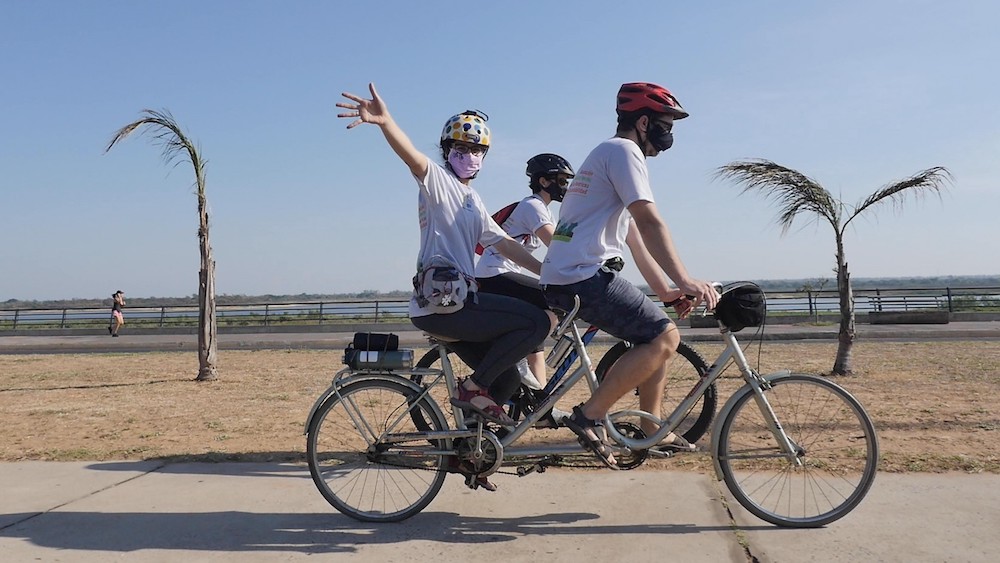
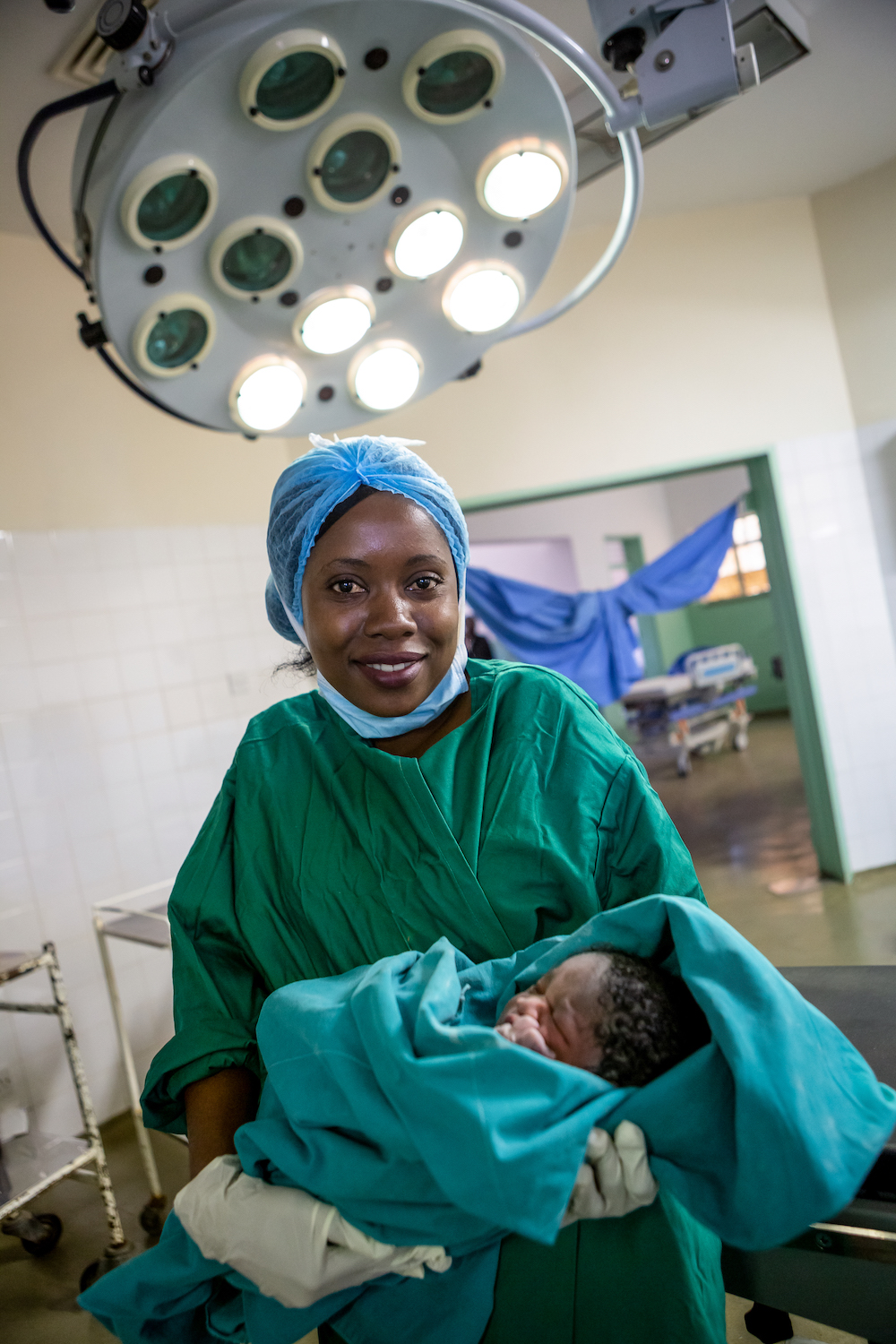
Saudi Arabia supports promotion of investment in sustainable infrastructureUN eyes bigger role for creative economy in promoting sustainable development

